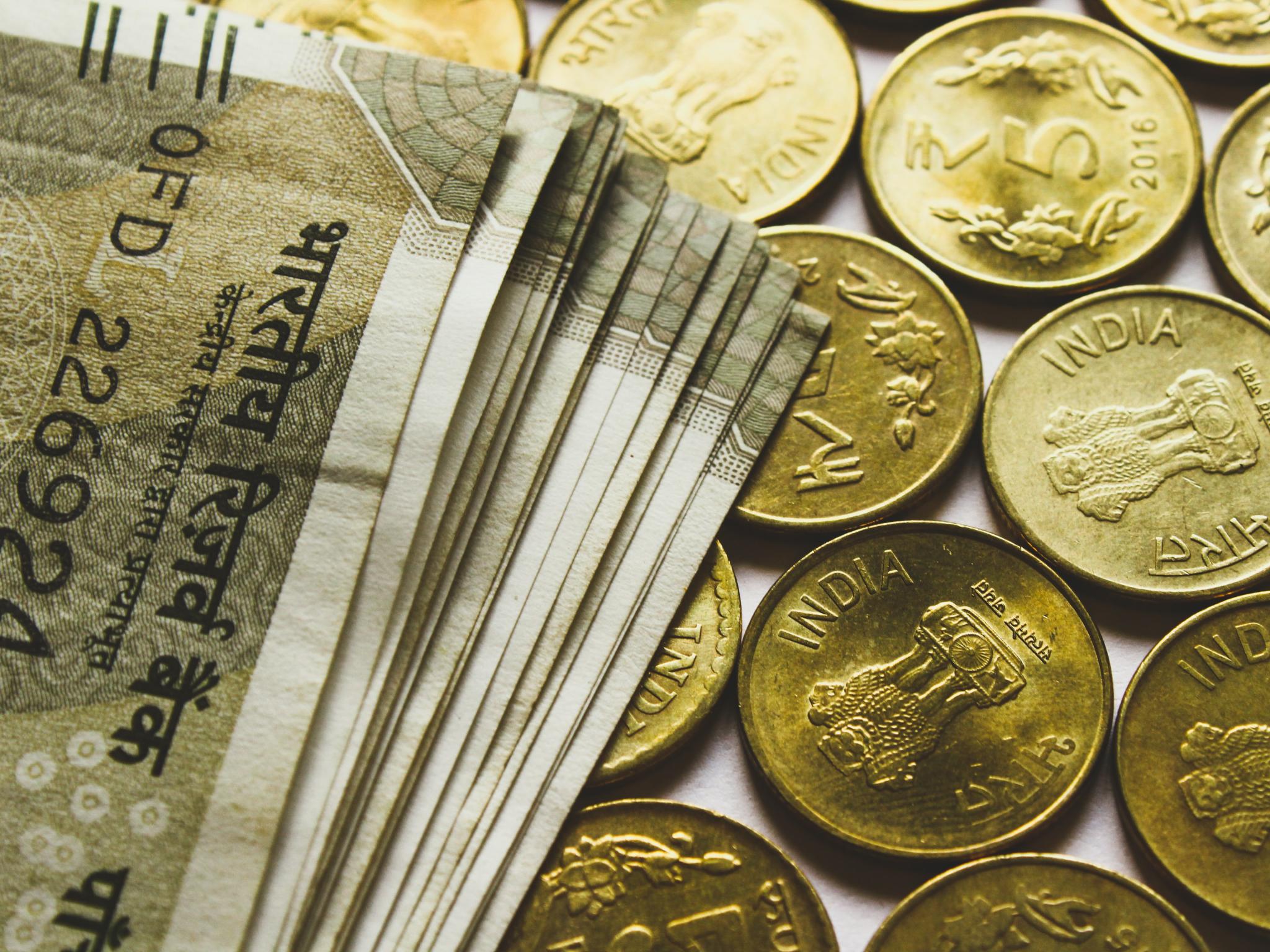
The Reserve Bank of India (RBI) has launched the Central Bank Digital Currency (CBDC) for the wholesale market as part of its first pilot test program to evaluate and enhance the functionality of the digital rupee.
Within a month, India’s Central bank would begin a similar test for the retail sector in exclusive user groups comprising consumers and business owners, the RBI stated.
The pilot will examine how secondary market government securities transactions are settled for the wholesale market.
See Also: Is White House Late To CBDC Game? Beware Volatility And Hacking, Experts Say
The pilot will involve nine lenders, including State Bank of India, Bank of Baroda, Union Bank of India, HDFC Bank, ICICI Bank, Kotak Mahindra Bank, Yes Bank, IDFC First Bank, and HSBC.
“Use of e ₹-W (digital rupee) is expected to make the inter-bank market more efficient. Settlement in central bank money would reduce transaction costs by pre-empting the need for settlement guarantee infrastructure or for collateral to mitigate settlement risk. Other wholesale transactions and cross-border payments will be the focus of future pilots, based on learnings from this pilot," the RBI stated in a circular.
The risks and advantages of establishing these currencies were outlined in a concept note on CBDCs that the RBI released in October.
The concept note released by the RBI broadly defined CBDC as the legal tender issued by a central bank in a digital form.
Similar to sovereign paper money but in a different format, it can be exchanged at par with existing currency and will be recognized as a means of payment, legal tender, and a secure place to keep wealth.
On the balance sheet of the central bank, CBDCs would show up as liabilities.
The nine lenders involved in the pilot project have already opened accounts with the RBI, therefore, money will be transferred immediately when a transaction happens.
India’s Finance Minister Nirmala Sitharaman first mentioned the idea of CBDC in the FY23 budget when she indicated RBI would launch the digital rupee this fiscal.
The RBI has been pushing for the formation of CBDC to combat the alleged concerns presented by cryptocurrencies to financial stability.







